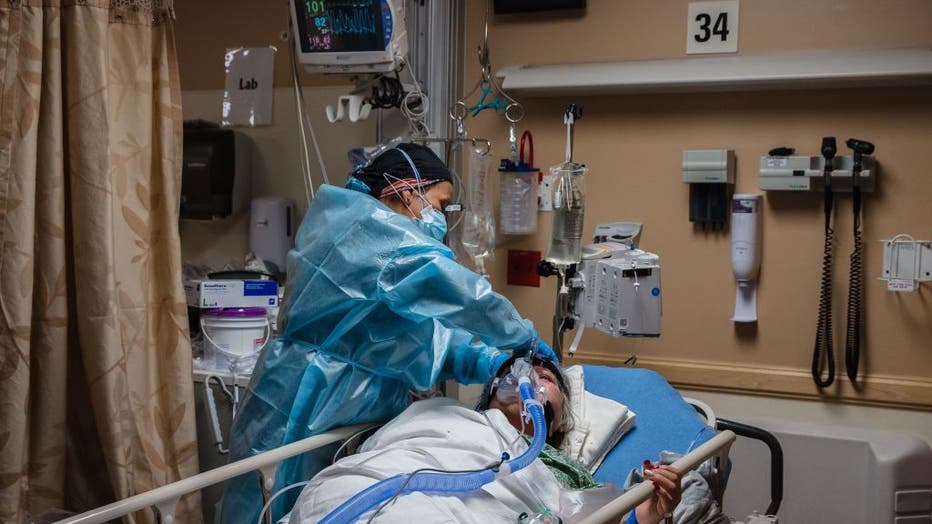Gut bacteria may influence COVID-19 severity and immune response, study suggests
HONG KONG - Gut bacteria may influence the severity of COVID-19 in a person, as well as their immune response to the virus, a new study suggests.
The human body is made up of trillions of bacteria, viruses and fungi, known collectively as the microbiome. Imbalances in the microbiome may also cause persisting inflammatory symptoms, dubbed "long-haul" COVID, the researchers added.
While many COVID-19 patients have suffered from respiratory illness, there has been mounting evidence suggesting that the gastrointestinal tract may also play a role. The gut is the largest immunological organ in the body, with its microbes known to influence immune response.
Researchers from the Chinese University of Hong Kong studied blood and stool samples and medical records from 100 COVID-19 patients, as well as from 78 people without the virus but had been taking part in a microbiome study before the pandemic.
A mild COVID-19 case was classified in the absence of x-ray evidence of pneumonia. It was deemed a moderate illness if pneumonia with fever and respiratory tract symptoms were detected, and the case was classified as severe if patients found it very difficult to breathe normally. The patient was determined by researchers as critical if they needed mechanical ventilation or experienced organ failure requiring intensive care.

A health care worker tends to a COVID-19 patient while she is using a continuous positive airway pressure (CPAP) machine to help with her breathing difficulties in a holding pod at Providence St. Mary Medical Center in Apple Valley, California on Jan
Analysis of stool samples showed that the make-up of the gut microbiome differed significantly between patients with and without COVID-19, regardless of whether they had been treated with drugs, including antibiotics.
The COVID-19 patients had fewer types of bacteria that can influence immune system response, compared to those without the virus. Lower numbers of these bacteria, including F. prausnitzii and Bifidobacterium bifidum, were associated with the severity of the infection, researchers said.
RELATED: US records deadly new milestone: More than 4,300 COVID-19 deaths in 1 day
Additionally, the study found that numbers of these bacteria remained low in the samples collected up to 30 days after infected patients had cleared the virus from their bodies.
The novel coronavirus triggers the immune system to produce inflammatory cytokines in response. In some cases, this response can be excessive, in what’s known as a "cytokine storm," where the body begins to attack its own cells and tissues rather than just fighting off the virus. This can cause widespread tissue damage, septic shock, and multi-organ failure, researchers said.
Analysis of the blood samples found that the microbial imbalance in the COVID-19 patients was associated with high levels of inflammatory cytokines and blood markers of tissue damage, such as C-reactive protein and certain enzymes. This suggests that the gut microbiome might influence the immune system response to COVID-19 infection and potentially affect disease severity and outcome, researchers said.
"In light of reports that a subset of recovered patients with COVID-19 experience persistent symptoms, such as fatigue, dyspnoea [breathlessness] and joint pains, some over 80 days after initial onset of symptoms, we posit that the dysbiotic gut microbiome could contribute to immune-related health problems post-COVID-19," they wrote in the study.
But the study authors stressed the findings were observational, and that the gut microbiome varies widely among different populations. They stressed that more research is needed to determine whether gut bacteria triggers virus complications, or vice versa.
Nevertheless, they concluded: "Bolstering of beneficial gut species depleted in COVID-19 could serve as a novel avenue to mitigate severe disease, underscoring the importance of managing patients' gut microbiota during and after COVID-19."
The findings were published Jan. 11 in the British Medical Journal’s publication Gut.
RELATED: New variant of COVID-19 discovered in patient in Ohio
This story was reported from Cincinnati.

